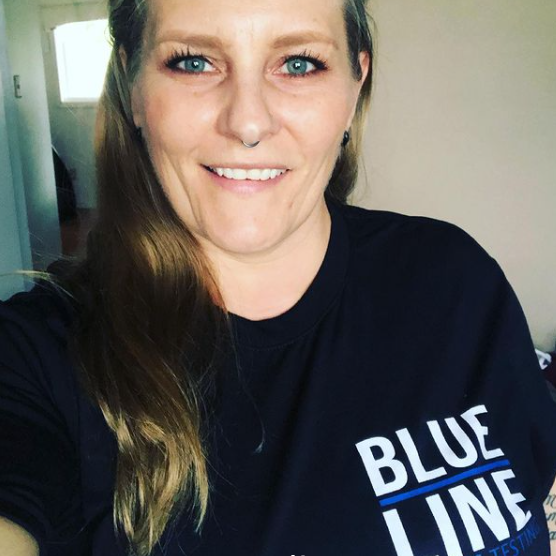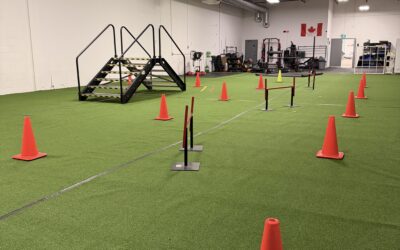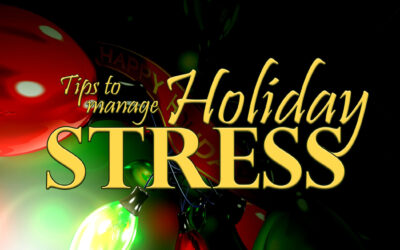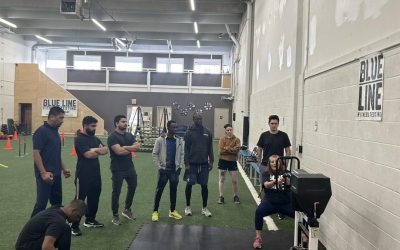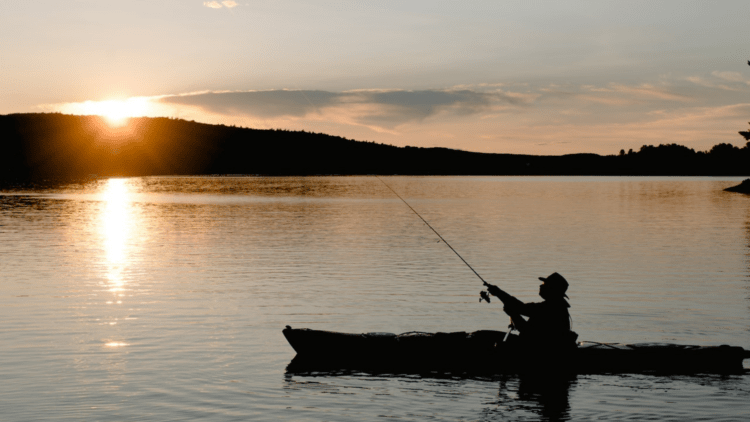
Being a Fish and Wildlife officer in Alberta is a rewarding career for those who love the outdoors. You will be expected to patrol rural Alberta by 4×4 trucks, quads, snowmobiles, boats, helicopters, and more. These officers run compliance checks, inspections, report incidence, conduct surveillance and investigations, execute search and arrest warrants, interview witnesses/suspects, testify in court and many other duties. Most importantly, the Fish and Wildlife Officer protects lives and property to prevent human-wildlife conflict. That means, they may need to control problematic wildlife and may encounter bears, moose or wolves.
Another aspect of becoming a Fish and Wildlife officer is having to educate the public while on duty and present findings in court.
Many of your interactions with the public will be while they are hunting or fishing and you will need to enforce the laws and by-laws of your community. You may act as a teacher and mentor to others which leads to a fulfilling career and at all times, you will be expected to act with the utmost professionalism and care towards the environment and the people you serve.
If you are passionate about wildlife, public education and serving your community, a career as a Fish and Wildlife Officer may be for you.
Why should you become a Fish and Wildlife Officer?
Becoming a Fish and Wildlife Officer isn’t for everyone. You are expected to have education in Conservation Law Enforcement or Natural Resources. Many Fish and Wildlife Officers hold a Natural Sciences degree from the U of A.
Once you have the education, it is helpful to have experience in Conservation Law Enforcement or Natural Resources
During training, you must successfully complete the Physical Abilities Requirement Evaluation (PARE) test twice in a time of 4:00 minutes.
For the interview, you need to bring the following:
- proof of a successful PARE test
- original of valid Alberta Class 5 driver’s licence
- current driver’s abstract
- current standard first aid certificate (Level C)
- current CPR certification (adult, child, infant)
- current and clear criminal records check
- 3 references – 2 must be recent or current employers
To read the full job description, please visit: https://www.alberta.ca/fish-wildlife-officer.aspx
Why do Fish and Wildlife Officers need to take a Firearms Safety Course?
In order to properly handle a firearm, all Fish and Wildlife Officers must have a Canadian Restricted Firearms Safety Course (CRFSC) and pass the written and practical tests.
Fish and Wildlife Officers may sometimes need to fire a weapon at a dangerous animal or may need to educate the public on proper firearm use and safety.

